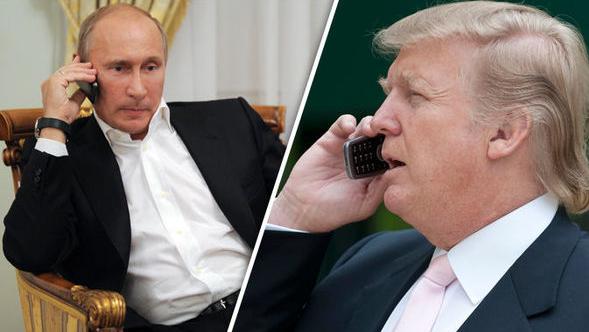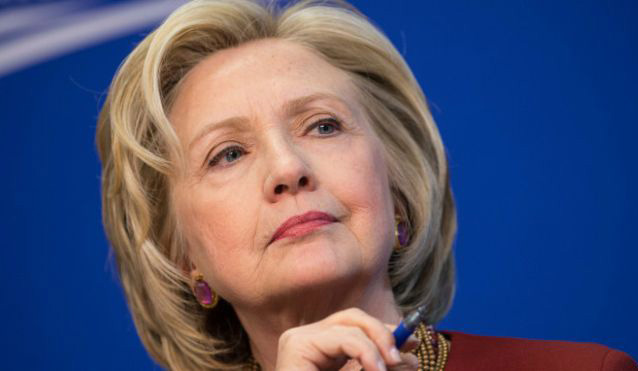Fan Gaoyue, Guest Professor at Sichuan University, Former Chief Specialist at PLA Academy of Military Science
Feb 27, 2017
Participants in the Six Party Talks can take four paths to progress: Make denuclearization of the Peninsula their collective top priority; make a military strike an option as talks resume; initiate peace treaty talks concurrently; and take confidence-building steps to make negotiations more inviting.
- “Strengthened” Nuclear Arsenals, Disarmament, and Assured Destruction – Understanding the U.S. and C
Steven Stashwick , Independent writer and researcher
Feb 14, 2017
In light of this unexpected focus on the role of nuclear weapons and the prospect of continued U.S.-Chinese competition, it’s worth understanding more about the two countries’ nuclear policies and capabilities. Unlike the United States, China does not acknowledge a potential role for tactical nuclear weapons in fighting or winning a limited conflict, and is thought to maintain only a strategic nuclear arsenal exclusively to deter nuclear coercion or threat from another country.
Yang Xiyu, Senior Fellow, China Institute of Int'l Studies
Jan 17, 2017
Chaos on the Korean Peninsula would have a direct and far-reaching impact on the security environment of China. China push for the principle of “no war, no chaos and no nuclear weapons” on the Peninsula will become even stronger amid uncertainties posed by the election of Donald Trump and the planned tests by the DPRK.

Zhao Tong, Fellow, Carnegie–Tsinghua Center for Global Policy
Jan 11, 2017
Generations of Chinese leaders have said China aims to have the minimum capability required to launch an effective nuclear counterattack. From the long-term perspective, global disarmament has always been China’s goal, and the country should lead the way to keep other major powers faithful to that goal.

Doug Bandow, Senior Fellow, Cato Institute
Oct 20, 2016
Hillary Clinton is expected to be more belligerent than Obama in dealing with Beijing. But the U.S. cannot expect confrontational or coercive tactics to succeed. Doing so could damage further cooperation between the two countries and drive Beijing closer to North Korea. Instead, the U.S. should aim to take a more diplomatic approach to their relationship with Beijing.
Yin Chengde, Research Fellow, China Foundation for International Studies
Oct 19, 2016
The confrontation regarding plans for the THAAD system might lead to unbearable consequences if the situation gets worse. The only reasonable course for Washington and Seoul is to abandon the deployment.
Yin Chengde, Research Fellow, China Foundation for International Studies
Sep 27, 2016
In the face of risks and disagreements, the two sides should restart negotiations, and sincerely embark on the road of resolving both the unsettled state of war from the 1950s and the current stalemate over the THAAD deployment in South Korea.
Hu Bo, Director, the South China Sea Strategic Situation Probing Initiative
Sep 22, 2016
Since North Korea conducts nuclear tests frequently and countries like the U.S., Japan, South Korea have strengthened their military deployments in and around the Korean Peninsula, China is facing unprecedented difficulties and challenges there.
Sep 20, 2016
Pledge made during meeting between China’s premier and Barack Obama at the UN amid global concern over Pyongyang’s nuclear test earlier this month
Sep 15, 2016
Chinese Foreign Minister Wang Yi told his Japanese counterpart that China opposes "unhelpful" unilateral sanctions on North Korea but will work within the United Nations to formulate a necessary response to its fifth nuclear test.
Back to Top

- China-US Focus builds trust and understanding between the U.S. and China through open dialogue among thought leaders.
- Our Offerings
- Topics
- Videos
- Podcasts
- Columnists
- Research Reports
- Focus Digest
- Stay Connected
-
Thanks for signing up!
- Get the latest stories from China-US Focus weekly.